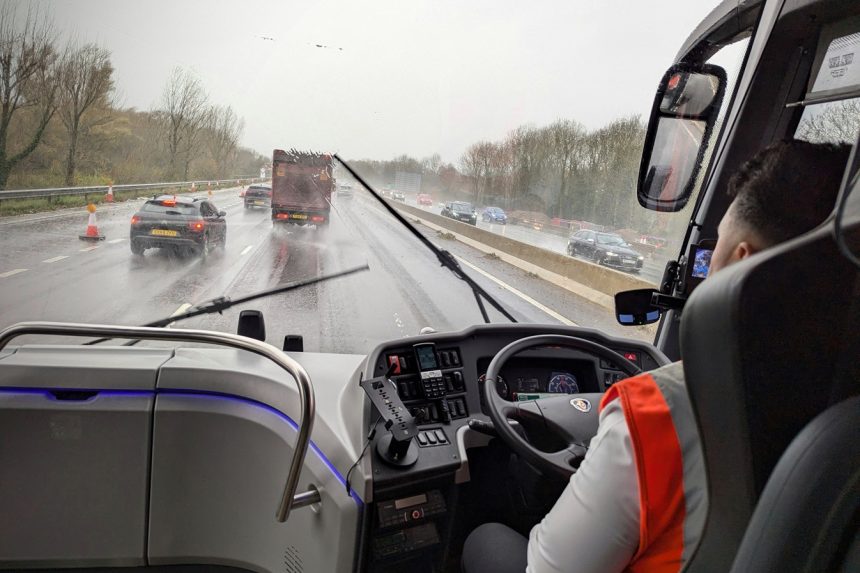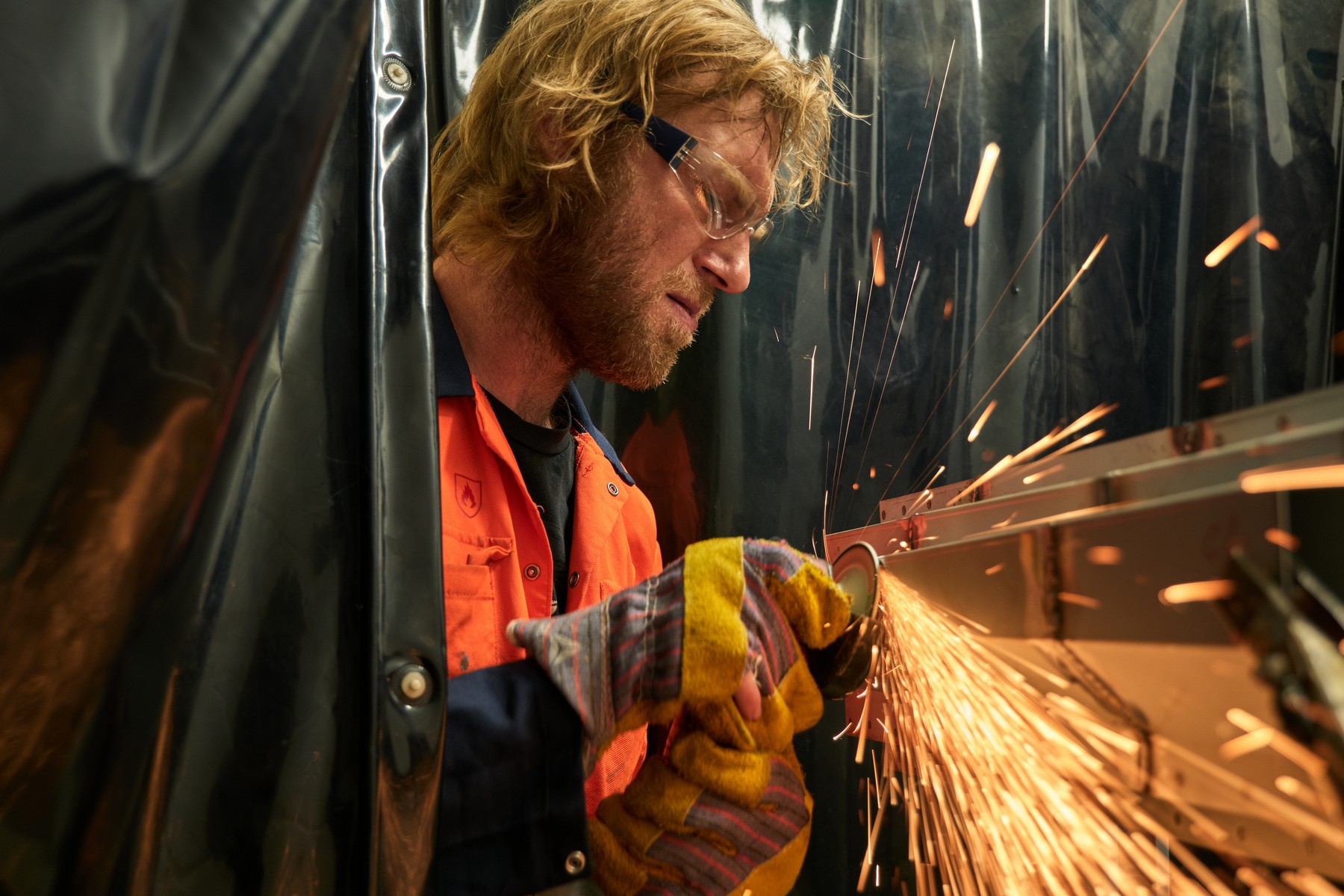Arguments for and against roadbuilding are complex and polarised. Some parties favour plentiful spending in that area; others want it stopped entirely.
Minister for the Future of Roads Lilian Greenwood is no stranger to transport. On 21 January, she told RHA members and stakeholders in Parliament that the government understands the needs of the wider road transport world and that the forthcoming Road Investment Strategy 3 will consider those in terms of connectivity, reliability, and environmental impact.
RHA is an advocate of roadbuilding, as would be expected. Its The Future of Roads Report points to some compelling figures as evidence of how investment in the strategic road network delivers economic benefits. That almost 10% of trips to attractions such as Alton Towers are made by coach sits alongside much wider-reaching data.
Few are the coach operators that would argue against better strategic roads. Countless hours are wasted in congestion that, it would seem, could be solved relatively easily. The counter is that while road improvements bring short-term benefit, over a longer horizon they become as congested as the segments they were intended to relieve, or more so.
Ministers say they are focused on infrastructure as part of the wider growth agenda, yet there are questions about how affordable that is. Departmental budgets are under pressure and there is fear that the forthcoming spending review could further hurt ability to deliver major transport projects.
Bus operators, meanwhile, see a need for any investment in roads on a local level and as being part, or centre, of priority works to speed services.
Those priority schemes, usually away from the strategic road network, are simpler and smaller than wholesale new build. But the planning process is hardly rapid, and history has shown that not all such projects are as beneficial as they could be – sometimes moving the conflict, perhaps by little more than a couple of hundred yards, rather than removing it.
Talk by the UK government of infrastructure and roadbuilding and the undeniably close link that has to growth is thus far largely missing the part that modal shift – to coach and bus as well as others – must play in reducing congestion and driving economic activity.
Bus Service Improvement Plan (BSIP) work in England is delivering well in some areas. In others the actual service improvement fruits have been relatively feeble. Many millions have been put towards lower fares that, while welcomed by passengers and operators, do little to foster long-term uplifts in provision when a finite funding pot is considered.
Undoubtedly, further central government money will go towards roadbuilding, and it will benefit coach and bus either directly or indirectly. But at the same time, ministers should ensure that the level of focus on big-ticket infrastructure is replicated in modal shift.



























